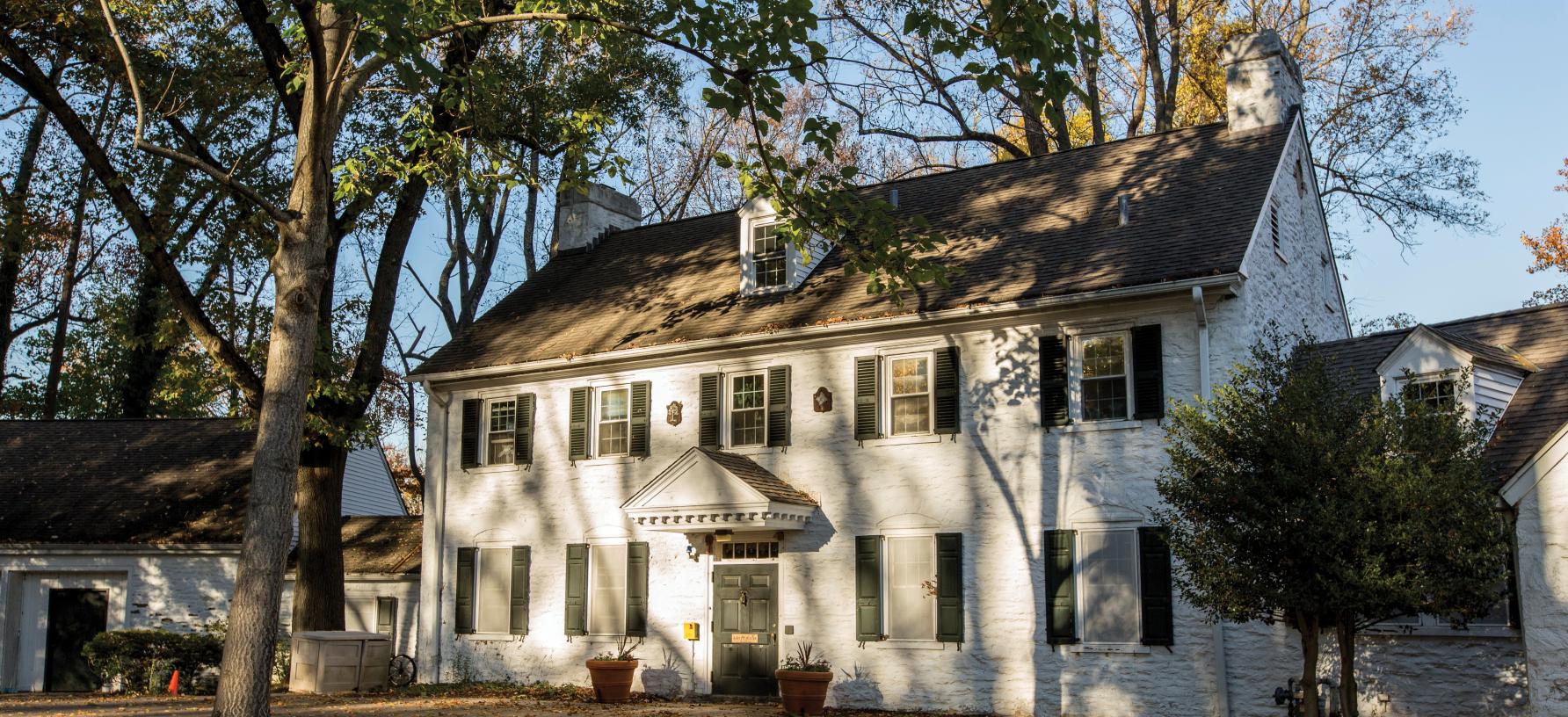By AMANDA WESSEL, BMC ‘20
Starting in May of this year, Batten House is getting some much needed remodeling. Among other things, we are going to get an updated kitchen, ADA accessible rooms and more functional space for communal living. While we at Batten are excited about these changes, we have also been notified that we cannot live together in our house during the fall semester of next year while the contractors finish the renovation.
This news leaves most of us completely unsure of where we are going to live when we return from summer break. As of right now, Residential Life has provided us with two options: we can either move back onto campus and participate in regular room draw, or we can get priority status for applications to live off-campus. Not only does this mean that we will likely be living apart, but, more critically, it means that our financial obligations will change.
Those of us returning to on-campus housing would be required to return to the dining hall meal plan for the price of $3,300 per semester. When we asked if the school could cover this cost for us just for this one semester, they refused. Living off-campus for one semester also comes with a different set of financial challenges. Apartments in the Bryn Mawr area are expensive, and living in the more affordable neighborhoods in West Philadelphia would require costly transportation to which we don’t all have access. Not to mention the fact that you can’t really get a four-month-long lease.
For many Batten residents, living in the house’s sustainable vegan cooperative is what makes attending this college possible. Not being on the meal plan reduces each of our bills by $6,600 every year. Instead, we each pay $250 per semester to our house budget, which we use to buy bulk foods at more affordable prices and pay for our share of a CSA (Community Supported Agriculture) through which we get fresh vegetables from local farms. This food supplies house dinners five nights a week, and we each grocery shop for what we need for the rest of our personal meals. Not only is this lifestyle much more environmentally sustainable, but it’s also much more cost-efficient. It is this unique residential option that allows many of us to afford our tuition and stay enrolled in classes. For some residents, returning to the meal plan or living off-campus are simply not viable options.
We currently do not know if our financial aid packages will be reevaluated to accommodate this change. Some of our financial situations have changed since we have been at Bryn Mawr, and all of us have planned our finances around continuing to live in Batten. Plus, giving us this information so late in the game (even though the renovations have been in the plans for several years) did not leave us any time to prepare for a change in spending, such as by taking out loans or working more hours, if those changes are even possible. According to our calculations, one would have to set aside an additional $125 every week from the day we were notified in early February until September in order to afford the meal plan.
This whole situation points to a systemic issue in how this college treats low-income students and people of color on campus. Bryn Mawr’s assumption that we can all easily jump back on the meal plan for a semester on such short notice speaks to the fact that students’ financial situations are not taken seriously. In many ways, the Bryn Mawr administration acts as if they are blind to the very real socioeconomic situations of the students, and this is yet another example. Batten as a vegan co-op is not just a fun lifestyle choice; it is a critical option for students who cannot afford the one-size-fits-all model of room and board at Bryn Mawr.
Let’s also remember that Perry House was a similarly-intentioned living community for people of color on this campus, but when the Enid Cook Center was created to replace it, the community members did not get to maintain autonomy over their kitchen space. Instead, the kitchen has to be formally reserved if ECC residents want to use it and residents are required to pay for the meal plan. Batten is the only dorm at present where students can be exempt from the meal plan, and it is a bigger deal than the school wants to acknowledge.
We, the Batten community, really need an affordable communal space with a kitchen in order to maintain our community practices and our individual enrollment at Bryn Mawr College. We are now searching for alternative housing options and looking for support from the wider community. We are wondering if any professors on sabbatical would lend or rent us their house for a semester. We are also looking for support and cooperation from Haverford’s residential life office and for people at Bryn Mawr to spread the word of our situation.
If you have any ideas please contact us at: batten@brynmawr.edu
Written by Amanda Wessel with help from Maise Shepard, Amake Eze, Beatrice Greason, Shira Steinberg, Jwahir Sundai, Maryam Jahanbin, Arpita Joyce, DJ Sandoval, Julia Castner, Amala Someshwar, and Dina Benedetto.
Photo Courtesy of Bryn Mawr College


